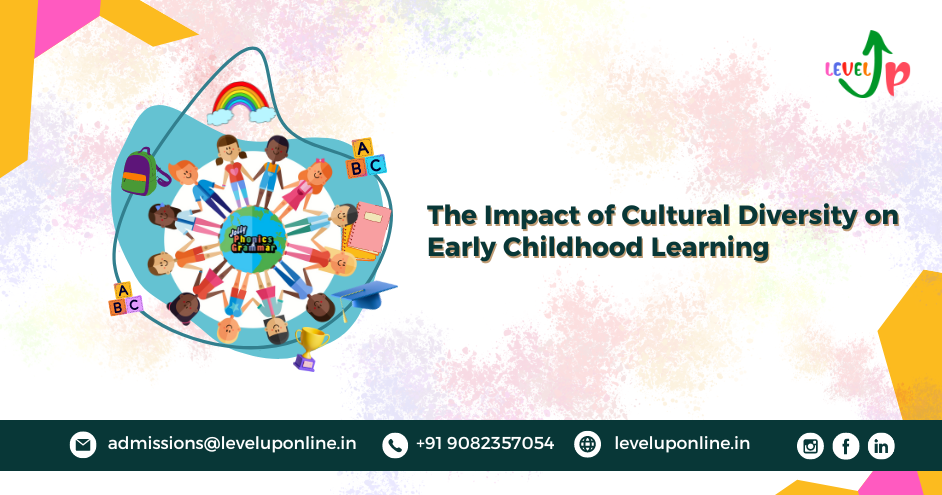
Introduction:
In today’s increasingly interconnected world, cultural diversity plays a pivotal role in shaping educational experiences, especially in early childhood. For children, exposure to different cultures enriches their learning and equips them with the empathy, respect, and awareness needed to thrive in a globalized society. Early Childhood Care and Education (ECCE) settings that embrace cultural diversity foster environments where every child feels valued and understood regardless of background. Educational institutions, like Levelup’s BEST Teacher Training Institute in Mumbai Borivali, are crucial in ensuring teachers are well-prepared to navigate and promote cultural inclusivity. As we explore the impact of cultural diversity on early childhood learning, we also acknowledge the significance of institutes like the Best ECCEd Teacher Training Institute in Mumbai Borivali that focus on building educators equipped for this dynamic learning environment.
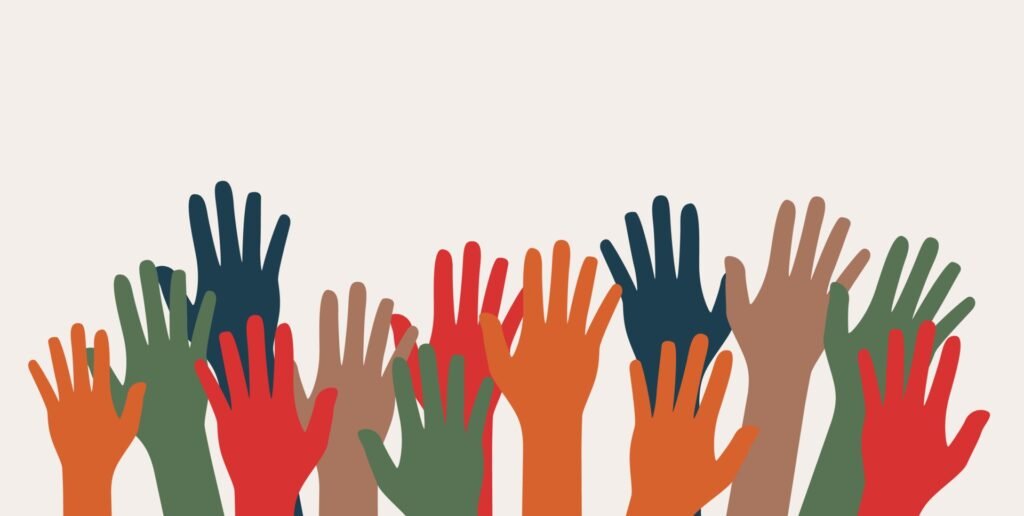
What is Cultural Diversity and Its Importance in Early Childhood Education?
Cultural diversity refers to the existence of a variety of cultural or ethnic groups within a society. In the context of early childhood education, it involves acknowledging, celebrating, and incorporating the different languages, traditions, customs, and values that children bring to the classroom. Recognizing and understanding cultural diversity is essential in ECCE as it allows children to develop respect for others and gain a deeper understanding of the world around them.
For educators, fostering an environment that embraces cultural diversity enhances the learning experience for all children. It creates a space where differences are not just acknowledged but celebrated, encouraging children to think critically about the world and develop empathy for those from different backgrounds. Teacher training institutes such as the Best Jolly Phonics Teacher Training Institute in Mumbai Borivali emphasize the importance of cultural diversity in shaping young minds, preparing educators to build inclusive classrooms that benefit from a wealth of cultural perspectives.
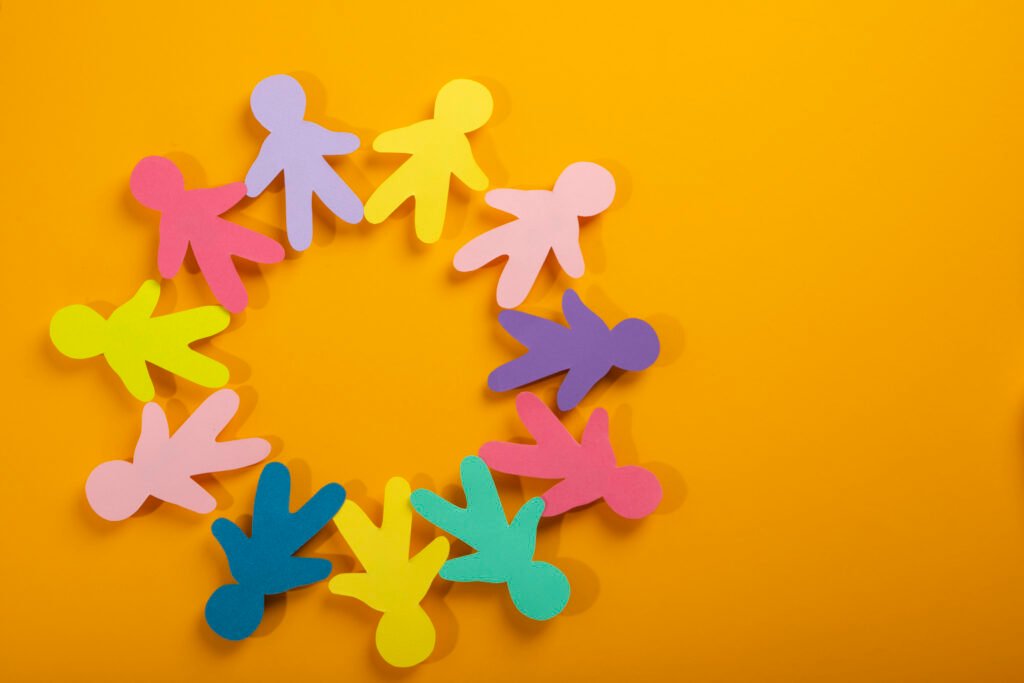
The Importance of Embracing Cultural Diversity in ECCE Settings
Benefits for All Children
When children are exposed to different perspectives, values, and traditions from a young age, it broadens their worldviews and helps them develop key life skills. Here are some of the main benefits of embracing cultural diversity in ECCE settings:
- Exposure to Different Perspectives: Children learn to see the world through multiple lenses, which enhances their problem-solving abilities and critical thinking skills.
- Development of Critical Thinking Skills: Exposure to diverse ideas encourages children to question assumptions and engage with new concepts.
- Increased Cultural Awareness and Understanding: By learning about different cultures, children become more aware of and sensitive to the experiences and values of others.
- Improved Social-Emotional Skills: Engaging with peers from different backgrounds helps children develop empathy, communication skills, and a sense of belonging.
Institutes like the Best Jolly Grammar Teacher Training Institute in Mumbai Borivali train educators to create lesson plans that integrate diverse cultural content, ensuring that children benefit from a more inclusive and well-rounded education.
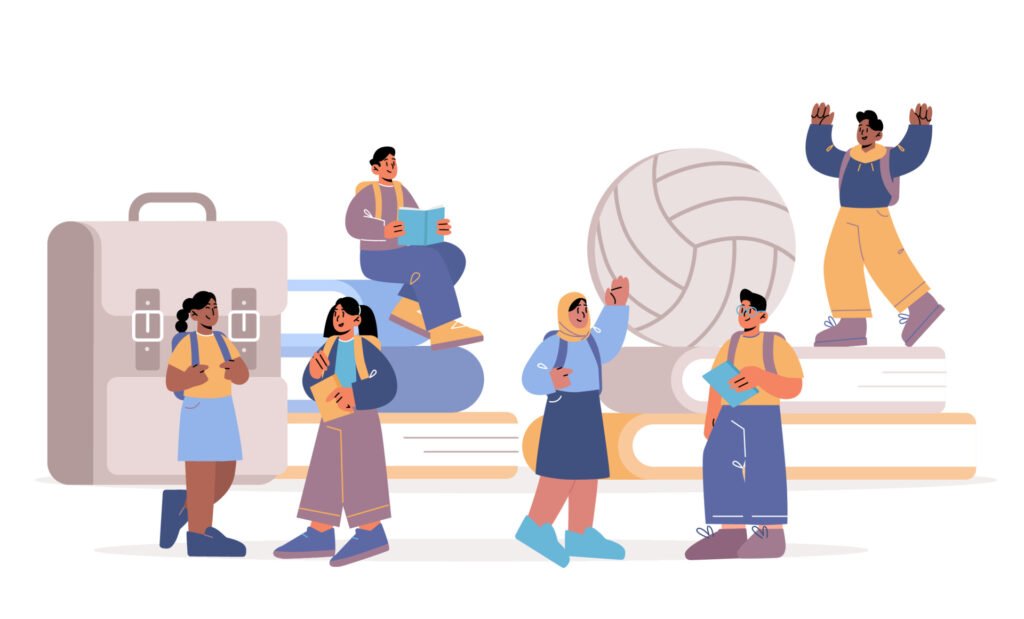
Creating Culturally Inclusive Environments
Educators play a vital role in creating classrooms that value and celebrate diversity. This can be done through:
- Incorporating Diverse Materials and Resources: Using books, games, and activities that reflect various cultures helps children see themselves and others represented in the learning environment.
- Valuing and Celebrating Different Languages and Customs: Teachers can invite children to share their own cultural experiences, whether through language, food, or holidays, fostering a sense of pride and inclusivity.
- Fostering Respect for All Cultures and Backgrounds: Creating an environment where children are encouraged to ask questions and express curiosity about different cultures helps build respect and understanding from an early age.
Educational institutions, such as the Best ECCEd Teacher Training Institute in Mumbai Borivali, train future educators to adopt a multicultural approach in the classroom, ensuring that all children feel seen, heard, and valued.
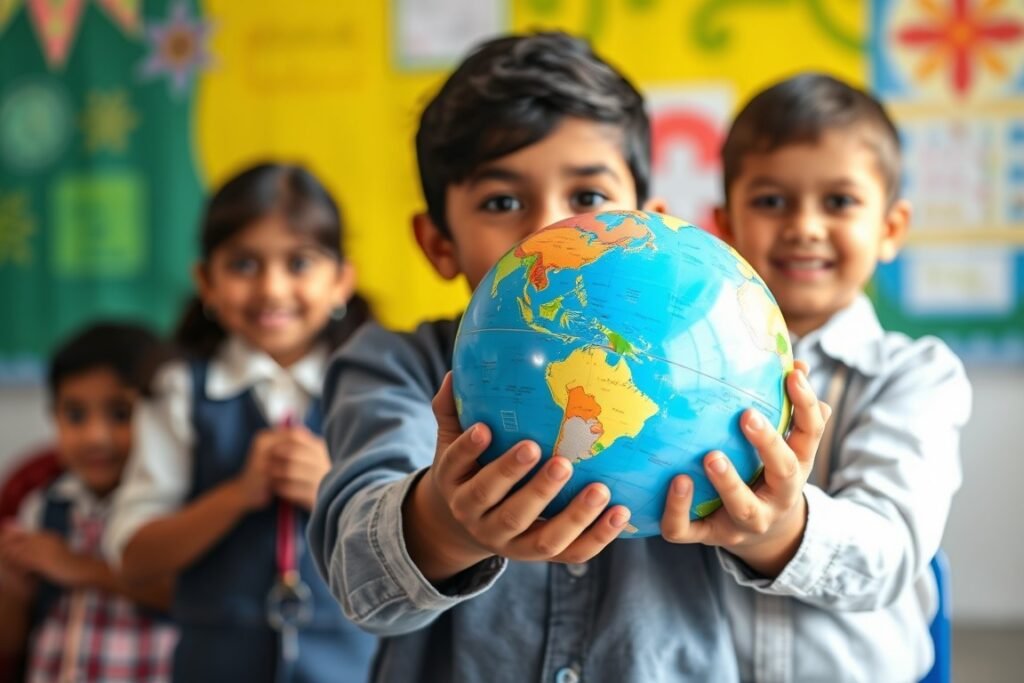
Promoting Inclusivity and Cultural Awareness from a Young Age
The Role of Educators
Educators are at the forefront of promoting inclusivity and cultural awareness. To do this effectively, they must model respectful behavior and language while creating a classroom atmosphere that is safe and inclusive for every child.
- Modeling Respectful Behavior: Teachers should exemplify how to treat others with kindness and respect, regardless of differences. This behavior sets a standard for students to follow.
- Creating a Safe Classroom Environment: A safe and inclusive classroom allows children to feel comfortable sharing their thoughts, experiences, and cultural backgrounds without fear of judgment.
- Facilitating Meaningful Conversations About Diversity: Teachers can lead discussions on diversity, helping children understand that differences are not only normal but also something to celebrate.
The Best Jolly Phonics Teacher Training Institute in Mumbai Borivali emphasizes the importance of inclusivity in teaching literacy skills, showing educators how to tailor programs like Jolly Phonics to meet the diverse needs of their students.
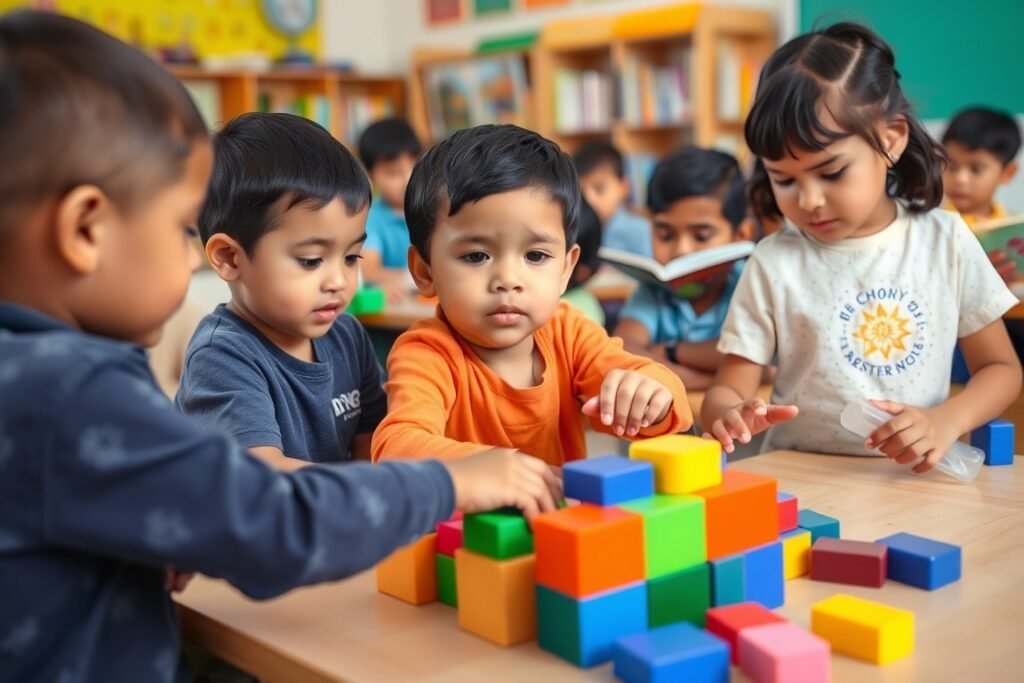
The Benefits of Early Exposure
The BEST Teacher Training Institute in Mumbai Borivali equips educators to foster empathy, positive attitudes, and global awareness in children. By understanding the critical role they play in shaping young minds, teachers can create inclusive learning environments. This institute offers specialized training in ECCEd, Jolly Grammar, and Jolly Phonics, ensuring educators are well-prepared to meet the diverse needs of their students.
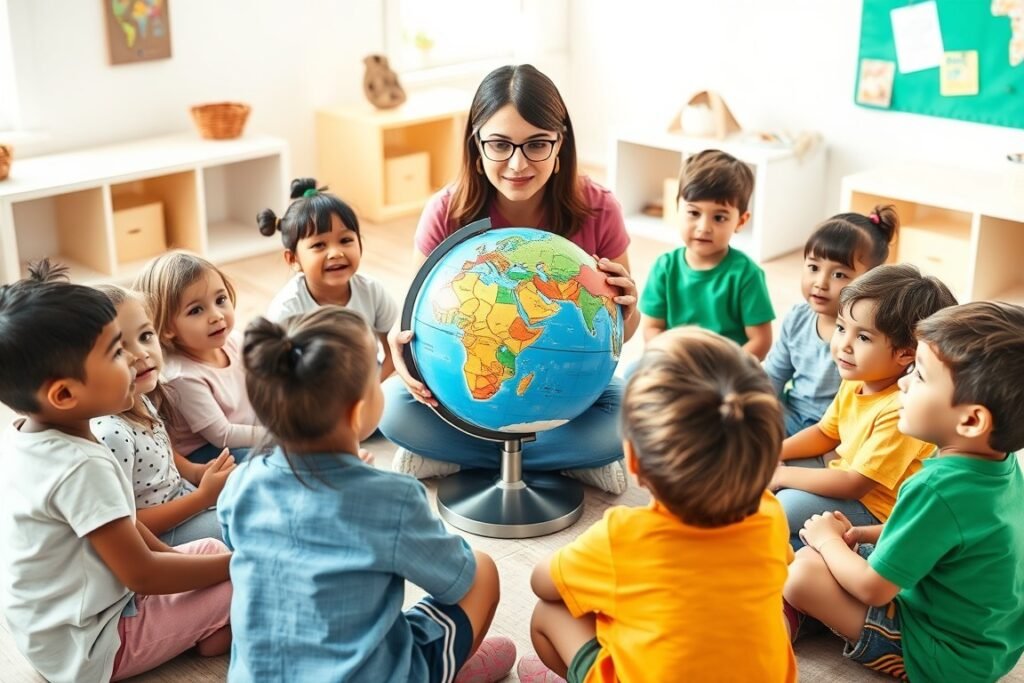
Conclusion
Cultural diversity in early childhood education is not just an asset; it is a necessity. By exposing children to a wide array of perspectives, traditions, and values, we provide them with the opportunity to develop empathy, critical thinking, and a deep understanding of the world around them. Embracing diversity enriches the learning environment, helps foster global awareness, and prepares children for the complexities of our interconnected world.
Educators and parents alike must prioritize creating inclusive environments that celebrate diversity. Teacher training institutes, such as the Best ECCEd Teacher Training Institute in Mumbai Borivali, the Best Jolly Grammar Teacher Training Institute in Mumbai Borivali, and the Best Jolly Phonics Teacher Training Institute in Mumbai Borivali, play a crucial role in equipping educators to champion these values in the classroom. By doing so, we can nurture a generation of children who are not only academically capable but also empathetic, culturally aware, and ready to embrace the future.


